EU, U.S., and "differences over Kosovo"
A month after Council of Europe rapporteur Dick Marty presented his Kosovo report, it is unclear if Belgrade and Priština will start their talks, says the BBC.
Monday, 17.01.2011.
10:09

A month after Council of Europe rapporteur Dick Marty presented his Kosovo report, it is unclear if Belgrade and Pristina will start their talks, says the BBC. The British media outlet's Serbian service is reporting that after strong initial reactions, "especially in the western media, which described Kosovo as a criminal state", and after Hashim Thaci's denials and threats of lawsuits against the Swiss senator, "spirits have settled down somewhat". EU, U.S., and "differences over Kosovo" The Marty report named Thaci, now Kosovo's prime minister, and others from the KLA of kidnapping and trading in organs of "Serbs and Albanians in Kosovo", according to the BBC. Marty is set to present his report to the Parliamentary Assembly of the Council of Europe on January 25, which will vote on the document, and possibly suggest the launching of a full investigation, says the article, adding that the European Parliament "could also name a special rapporteur" in the case. The BBC spoke to James Ker-Lindsay of the London School of Economics, who was quoted as saying that the accusations found in the report were "so serious that they must be backed by evidence, that is to say, by an investigation". He also observed that the United States and leading EU countries reacted differently to the Marty report - after repeating in unison from the beginning that Kosovo should be given independence because this was a precondition for stability. But Ker-Lindsay said that none were willing to publicly admit that the greatest danger posed to stability were in fact threats made by Kosovo's Albanians that they would "return to violence" unless given independence. The British expert also noted that Hashim Thaci was "long believed to be of key importance" in preventing such violence. Now, however, Europeans are beginning to go with the stance that Pristina must first fulfill those standards "that were insisted on before independence", said Ker-Lindsay, adding that "American interests in Kosovo are different from those of Europe", and that this difference meant the EU "truly wanted Kosovo to grow into a democratic state that respects human rights", whereas Washington "still insisted on stability". He also advised Serbia to "keep silent and let Dick Marty and other international instances insist on an investigation against Thaci and additionally weaken Kosovo's position ahead of the announced talks between Belgrade and Pristina". Ker-Lindsay believes that "the mood of Europeans has changed" and that this would enable Belgrade to gain "concessions" when it comes to matters such as "northern Kosovo, Serb community rights and status of monasteries". The senior research fellow at the LSE also told the BBC that before the report was made public, "everyone was getting ready for the start of the talks", that were to include "status issues, without negotiations on the status of Kosovo", and said the talks were supposed to show "what price Pristina was ready to pay to have Belgrade recognize Kosovo or at least allow other countries to recognize it". Now, says Ker-Lindsay, in the wake of the Marty report and December's "problematic elections" in Kosovo, the key question is when and if those talks will start at all.
EU, U.S., and "differences over Kosovo"
The Marty report named Thaci, now Kosovo's prime minister, and others from the KLA of kidnapping and trading in organs of "Serbs and Albanians in Kosovo", according to the BBC.Marty is set to present his report to the Parliamentary Assembly of the Council of Europe on January 25, which will vote on the document, and possibly suggest the launching of a full investigation, says the article, adding that the European Parliament "could also name a special rapporteur" in the case.
The BBC spoke to James Ker-Lindsay of the London School of Economics, who was quoted as saying that the accusations found in the report were "so serious that they must be backed by evidence, that is to say, by an investigation".
He also observed that the United States and leading EU countries reacted differently to the Marty report - after repeating in unison from the beginning that Kosovo should be given independence because this was a precondition for stability.
But Ker-Lindsay said that none were willing to publicly admit that the greatest danger posed to stability were in fact threats made by Kosovo's Albanians that they would "return to violence" unless given independence.
The British expert also noted that Hashim Thaci was "long believed to be of key importance" in preventing such violence.
Now, however, Europeans are beginning to go with the stance that Priština must first fulfill those standards "that were insisted on before independence", said Ker-Lindsay, adding that "American interests in Kosovo are different from those of Europe", and that this difference meant the EU "truly wanted Kosovo to grow into a democratic state that respects human rights", whereas Washington "still insisted on stability".
He also advised Serbia to "keep silent and let Dick Marty and other international instances insist on an investigation against Thaci and additionally weaken Kosovo's position ahead of the announced talks between Belgrade and Priština".
Ker-Lindsay believes that "the mood of Europeans has changed" and that this would enable Belgrade to gain "concessions" when it comes to matters such as "northern Kosovo, Serb community rights and status of monasteries".
The senior research fellow at the LSE also told the BBC that before the report was made public, "everyone was getting ready for the start of the talks", that were to include "status issues, without negotiations on the status of Kosovo", and said the talks were supposed to show "what price Priština was ready to pay to have Belgrade recognize Kosovo or at least allow other countries to recognize it".
Now, says Ker-Lindsay, in the wake of the Marty report and December's "problematic elections" in Kosovo, the key question is when and if those talks will start at all.











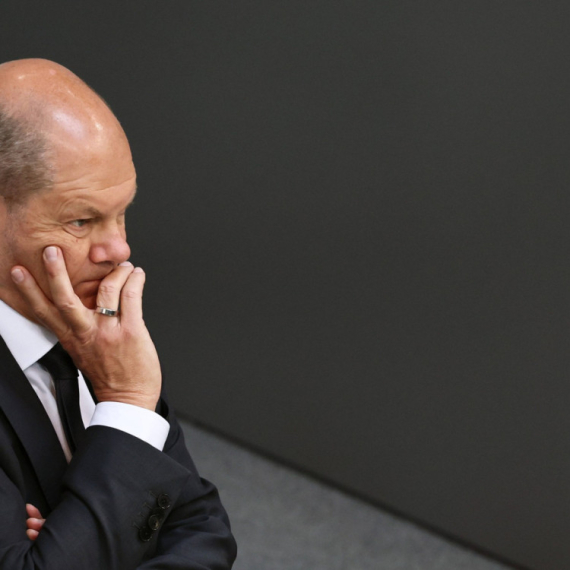

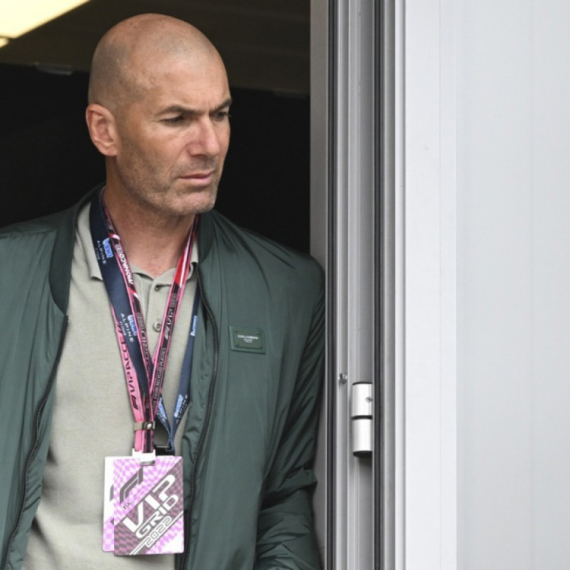

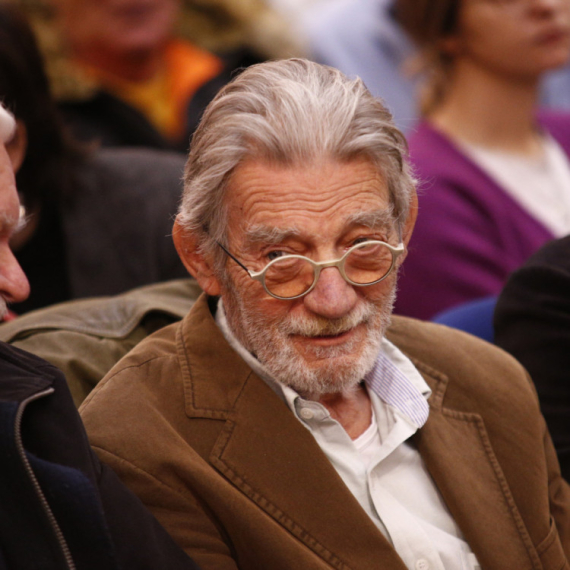
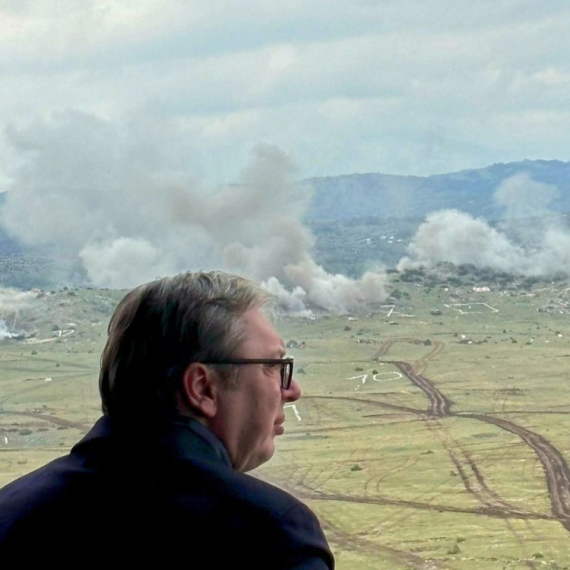
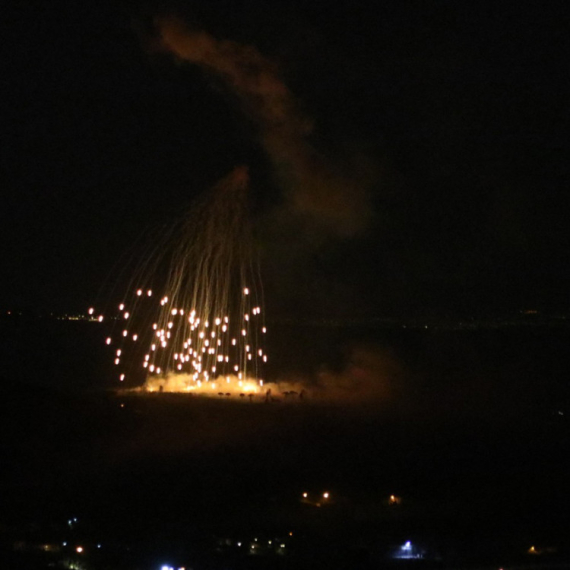


























Komentari 53
Pogledaj komentare